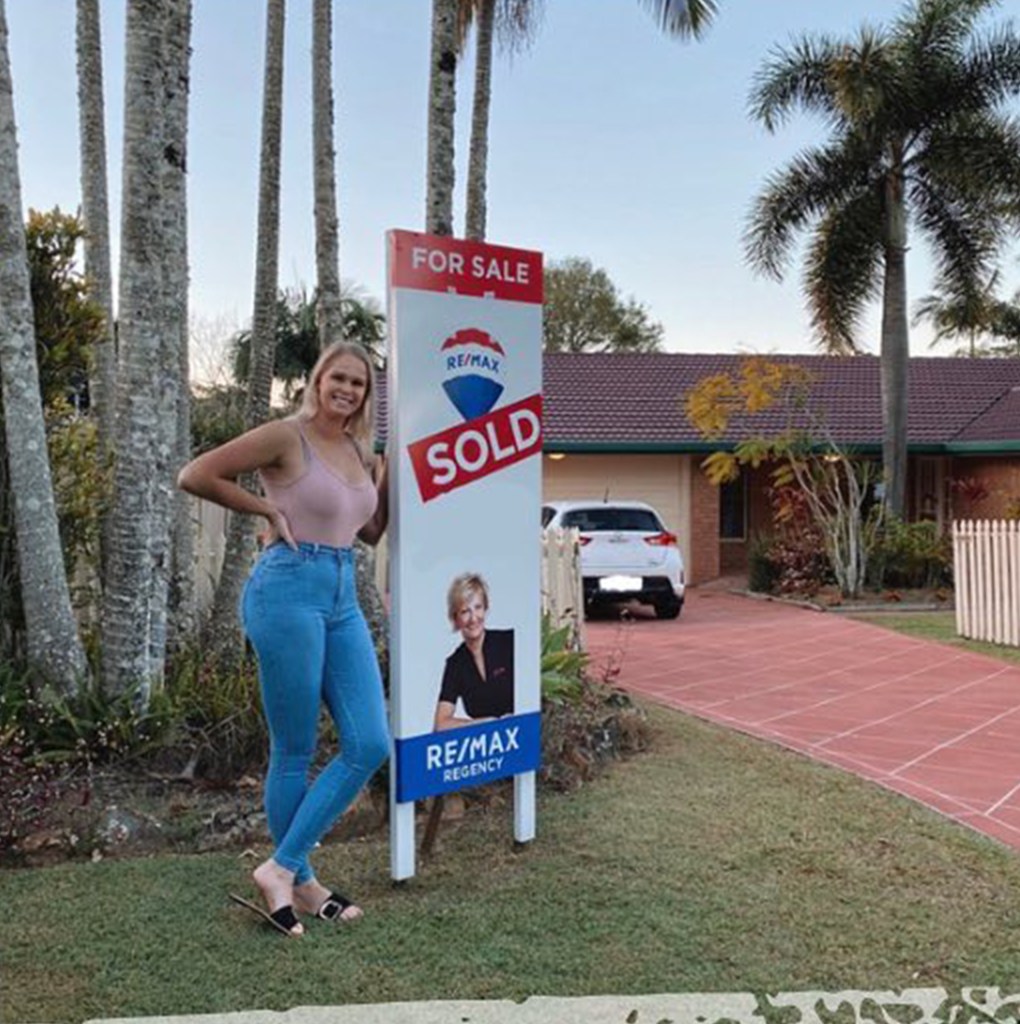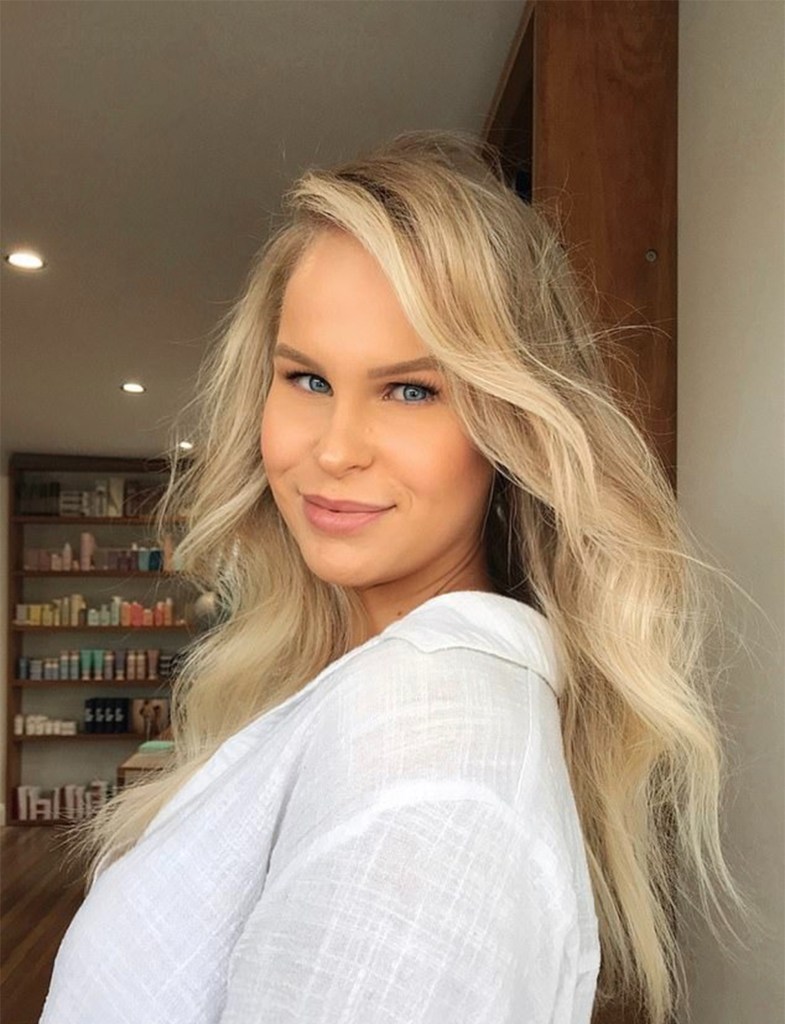Maddie Walton’s mortgage repayments were just $550 a week when she bought her three-bedroom Queensland home in 2021 – Now they’re over $1000.
The 26-year-old told news.com.au she loves her home, but hindsight is always 20/20.
“I bought way more than I should have,” she said.
Ms Walton bought her first home for $691,000 with a 10 per cent deposit.
She sunk down about $125,000 to buy the property, but between a buyer’s agent and the hidden costs that come with getting on the market, she ended up with only 10 percent of the equity in her home.

Four years later, and she owes $600,000, pays back $1,000, and has two housemates who together give her $600 a week, so she only gets $400 a week.
When she first bought, she worked in medical research and had a partner to share the mortgage costs. The initial mortgage of $550 was manageable and she wasn’t staying up at night stressing about making her payments.
$550 was nothing to me. Then my partner and I broke up three months later, then my friend moved out but the rates kept going up and I wouldn’t increase my friend’s rent due to the rates not being fair. she said.
There were times when the money stress got so bad, she wondered, was it worth it?
“I thought over the last three years, was it really worth it? I’m very stressed.
After all, she still thinks she does.
“I tried a lot. Especially when I had spare rooms for a bit, but at the end of the day property for me is a long term strategy and not a short term goal and I knew it would pay off in the long run. she said.
During this time, Ms. Walton also decided to change careers, leaving medicine to become a mortgage broker.
The move was prompted by the fact that she burned through seven agents while trying to buy, adding that she felt ignored.

She didn’t think they were asking the right questions and found they were asking her how much she wanted to borrow instead of advising her how much she should borrow.
She explained that the lack of support left her in financial pain and she doesn’t want the same to happen to other young people trying to break into the property market.
“None of them were explaining the process to me or making me feel like I was a part of the process,” she said.
Now, Ms. Walton has a plan for young people whenever they use her services, instead of encouraging them to borrow as much as the bank will allow, she takes a very hands-on approach.
“What are you currently paying in rent? What are you saving by paying rent? Together that tells me what you’re currently doing,” she said.
“A lot of first home buyers think about the deposit and payments, but there are extra costs, utility bills, water charges, you have to factor that into your payments.”
She advises her clients to “practice having a mortgage” before getting one, living on a trial basis with what would be left if they, too, borrowed as much as they wanted for a few months and see if it possible.
The 26-year-old explained that she tells her clients that she doesn’t want them to end up taking too long and feeling stressed and anxious.
“I don’t want them to be miserable,” she explained.
Ms Walton noted that buying a home is “great”, but if you take it too long you have to rethink your lifestyle, eat baked beans on toast or even be pushed into a position where you have to sell.
“From the bank’s point of view you can afford it, but I need you to show me you can afford it,” she said.
Ms Walton now runs her own mortgage broker business, MoneyLounge.
According to financial comparison website Finder, 41 per cent of homeowners struggled to pay their mortgages in July 2024, and financial expert Graham Cooke previously told news.com.au that housing in Australia has officially passed “through the roof”.
“Rents and mortgages have gone through the roof. They are the number one source of financial stress in Australia and people can no longer cut costs elsewhere to make ends meet, he said.
At this point, Mr Cooke said the best advice he could give people was to consider moving with family or friends to help carry the load.
“Reducing or eliminating accommodation costs, if you are able to do so, will significantly improve your cash flow and allow you to accumulate savings much faster,” he advised.
“Not only will you reduce your housing costs, but you’ll potentially save money by splitting utility bills and even lower food costs.”
#house #COVID #mortgage #doubled
Image Source : nypost.com